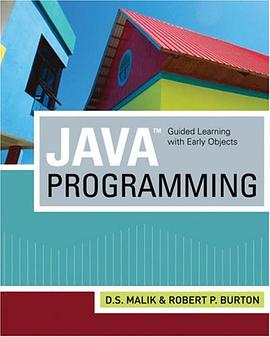

具体描述
Advances in genetics research, largely spawned by the Human Genome Project, have led to a broad range of new technologies that promise to revolutionise many aspects of our lives. Medicine and agriculture are already starting to use new technologies to greatly improve disease prevention and treatment and food production. Yet these "improvements" often raise ethical questions that are not easy to untangle. Certain applications, such as embryonic stem cell research, pose unprecedented moral and ethical dilemmas. While the application of scientific advances to better mankind has always raised thorny issues, the ethical impact of genetic advances arguably reaches a new height because these advances are far-reaching and potentially irreversible. To utilise such technologies could mean saving thousands of lives, but where and how do we draw the ethical line?Here, the author sheds light on the ethical concerns surrounding various types of genetic technologies, introducing readers to the competing issues at stake in the arguments about the scientific application of the new technologies available and those on the horizon. She begins by illustrating the history of genetic advances, their societal applications, and the ethical issues that have arisen from those applications. Using case studies and examples throughout, she explains the considerations involved in a variety of areas related to the application of genetic technologies that are currently available, and those that may be possible in the future. Covering topics ranging from stem cell research to genetically modified food, genetic mapping to cloning, this book offers a thoughtful approach to the complex issues at play in the field of genetic technology.
作者简介
目录信息
读后感
评分
评分
评分
评分
用户评价
相关图书
本站所有内容均为互联网搜索引擎提供的公开搜索信息,本站不存储任何数据与内容,任何内容与数据均与本站无关,如有需要请联系相关搜索引擎包括但不限于百度,google,bing,sogou 等
© 2026 book.wenda123.org All Rights Reserved. 图书目录大全 版权所有




















